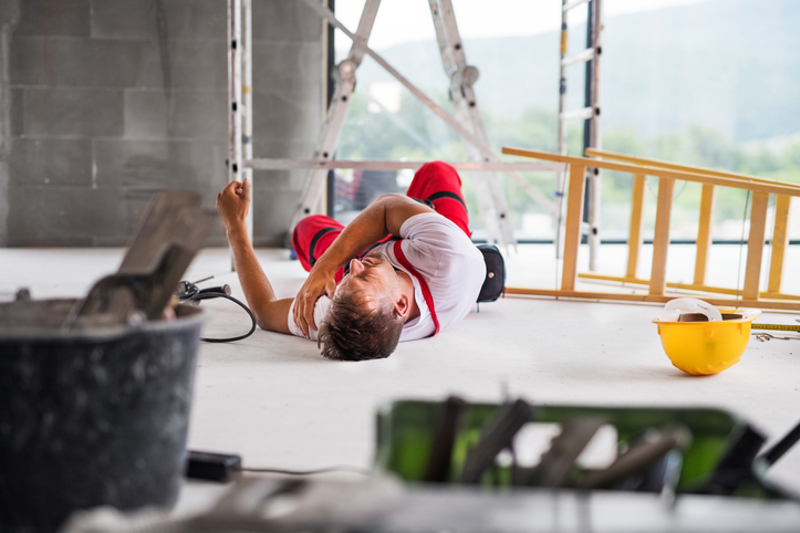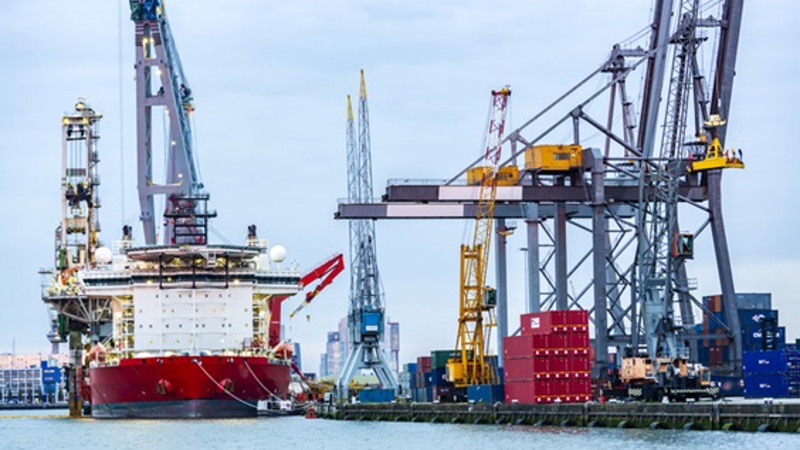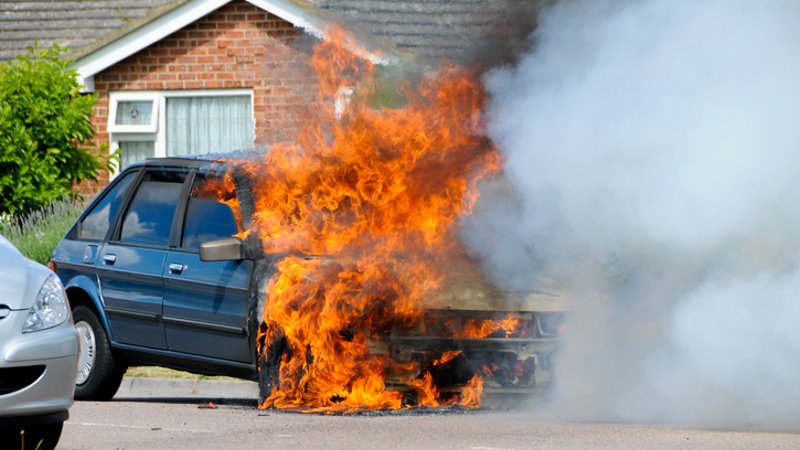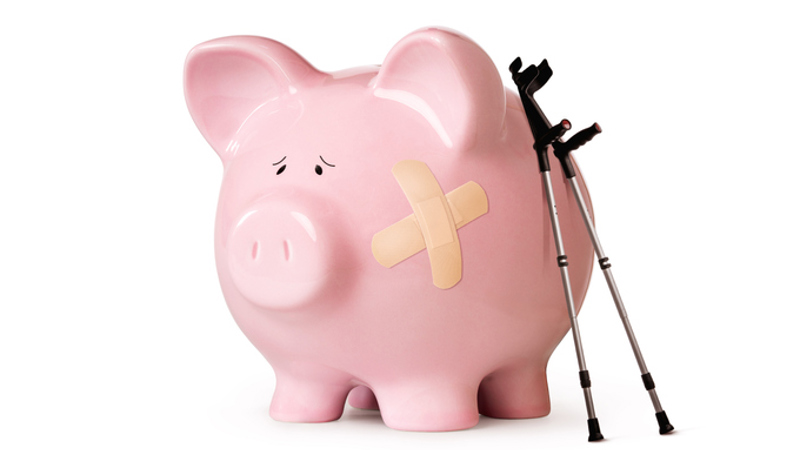Employers’ liability in The Netherlands
September 2020
Background to Dutch employers’ liability
Imagine your employee is injured at work. Are you liable for his damage under Dutch law?
The liability of employers in The Netherlands is covered by Section 7:658 (1) of the Dutch Civil Code (“DCC”).
Pursuant to this section an employer is obliged to make such provisions for the organisation and maintenance of the places in which and the implements and tools with which the work is performed, and to take such measures and issue such directions for the performance of the work as are reasonably required to prevent the employee from suffering harm in the course of his work.
An employer will be liable for any harm that the employee suffers at work. Only when an employer shows that he complied with his obligations or that the harm suffered was largely the result of intent or deliberate recklessness on the part of the employee, can he escape liability. Section 7:658 DCC cannot be deviated from contractually.
The above implies a high duty of care for employers. The rationale for this high duty of care lies in the fact that it is the employer who determines where, under what circumstances and with what equipment the employee must work.
The employer’s duty of care does not only mean that employers are obliged to ensure that the equipment and the workplace are safe. Employers must also supervise their employees. It is the responsibility of the employers that employees comply with given instructions. This is no different when employees are experienced. Furthermore, employers must take care of their employees in terms of health issues. A telling example is the case of the football player Nouri, in which Van Traa Advocaten N.V. represents the football club A.F.C. Ajax.
The above also applies to conditions that could be psychologically threatening, for example burnout situations.
An exception is made for the so-called “garden variety” accidents. Common accidents, that could also happen at your own house, like slipping when cleaning the floor, can only cause liability for employers when they could easily have taken measures to prevent the accident.
It follows that it is important that as an employer you are at all times able to prove that you fulfilled your duty of care. When your employee demonstrates that he or she has suffered damage at work, you will be liable, unless you can prove that you fulfilled your duty of care (or that the employee acted with intent or deliberate recklessness).
Damages in accordance with Dutch law
If liability is determined and the employer can be held liable, the injured employee must be compensated. In principle the damage must be assessed completely and tangibly in the Netherlands. The actual damage is calculated by comparing the situation in which the accident has happened, with the hypothetical situation that the accident would not have happened. The difference between the two situations is the damage that is to be compensated. The practice is obviously less straightforward than the theory. Questions will invariably arise regarding causation, the question of contributory negligence, mitigation by the courts, etc. Moreover, in order to determine the damage, not only knowledge of Dutch law is required. It is also important to engage the right experts, such as mathematicians for extensive claims, medical advisors and experts for complex injuries, employment experts and reintegration experts.
Proper handling of a personal injury in the Netherlands - whether at work, in traffic or as a result of defective products - requires expert knowledge of the law and the industry. We have this knowledge. Our team advises and represents companies, particularly in the fields of transport and international trade, and their insurers. We are happy to assist.










